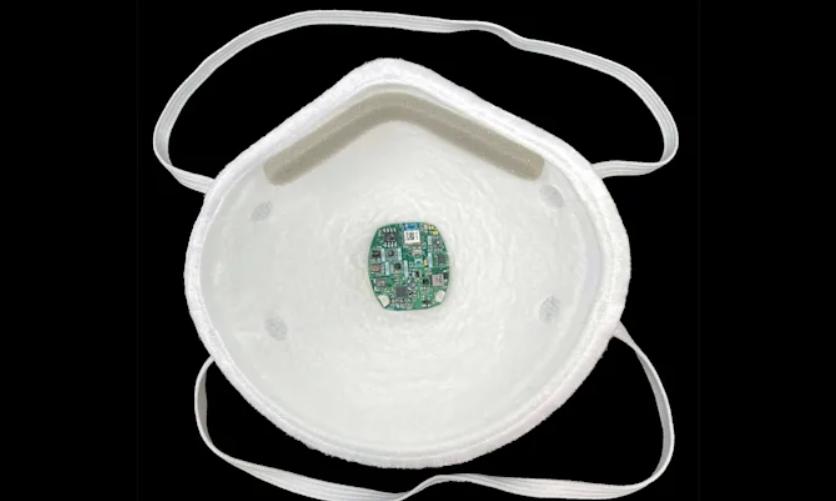IT House reported on January 16 that during the new crown epidemic, masks have become a part of daily life, so a series of research on masks has been put on the agenda.
Recently, researchers at Northwestern University in the United States developed a "FaceBit" mask sensor that can track a wide range of health data from N95 masks.

According to reports, the "FaceBit" mask sensor can measure heart rate through subtle head movements produced by blood pumping, and can detect air leakage or wearing errors by looking for a sudden drop in the mask's resistance.
In addition, these measurements can help sensors detect a range of other conditions, such as heart and breathing data that lets users know when they're feeling stressed and need to take a break.
IT House understands that the sensor contains a battery that can be recharged by breathing, heat, movement and solar energy for up to 11 days.
FaceBit needs to pass clinical trials and other tests before it can be put into practical use. However, researchers have released the project code and hardware to the public to help others build and validate it.